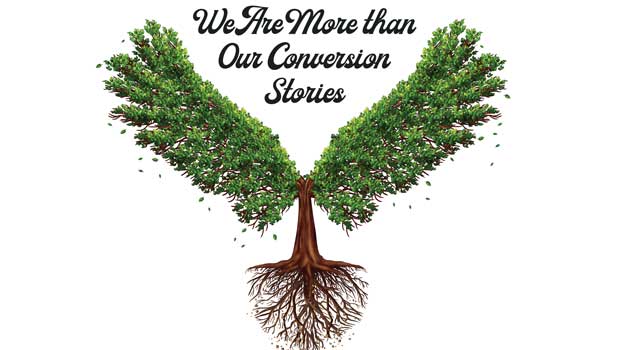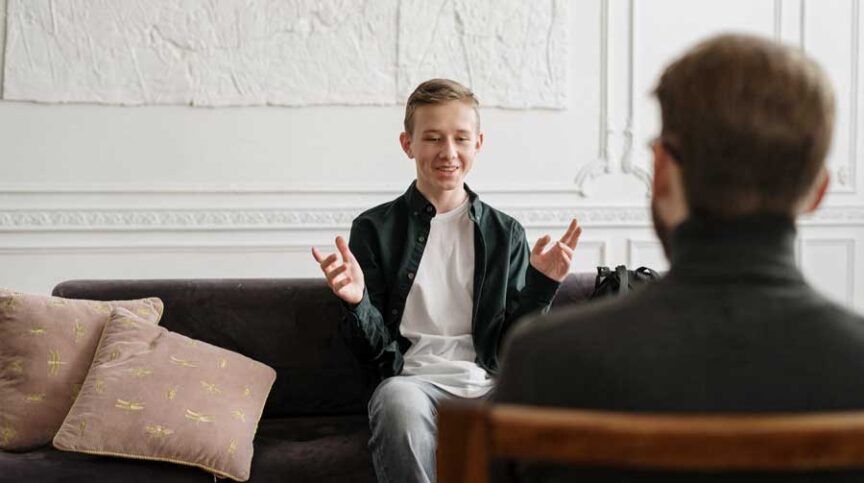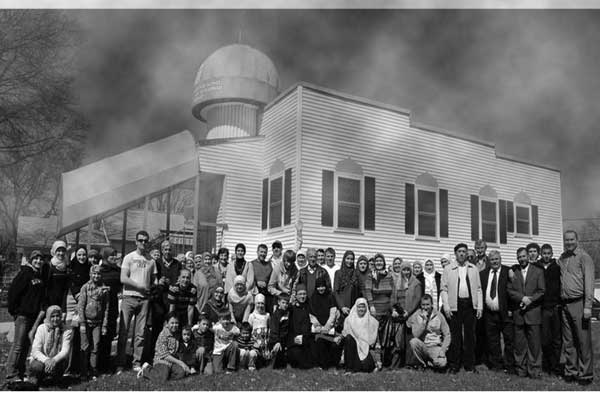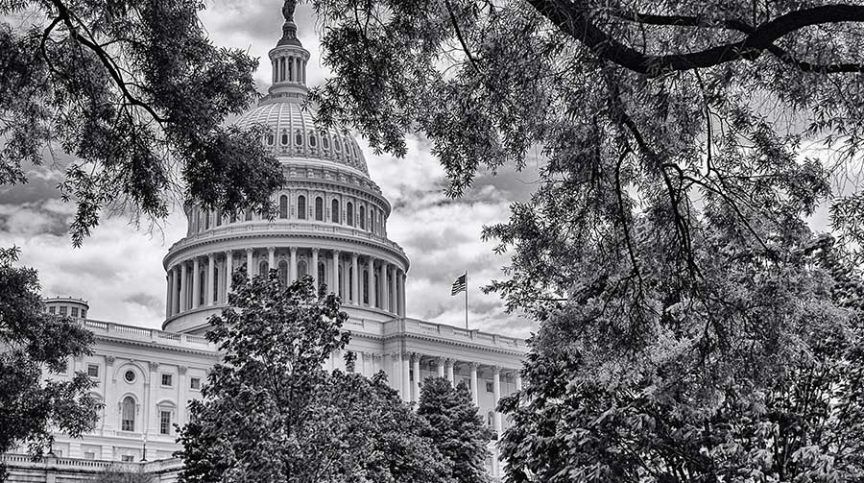I have often thought it would be nice if, when I told someone I was a convert to Islam, they would not look at me with pity, as if I converted to Islam because I was in the depths of despair and darkness and just needed something to believe in. Contrary to common belief, many converts lead a normal existence before their entrance into Islam, and their lives prior to conversion are not unhappy. Conversion stories are not all illustrious tales of overcoming suffering. These assumptions that we all have a questionable past promote reactions that converts have to navigate. In fact, not all converts come from a difficult family life or past. Not all converts have previously been into a life of drugs, crime, promiscuity, or other vice. Not all families reject their family member who has converted to Islam.
Most of you have probably attended an Islamic convention or program where a convert was asked to speak about their entrance into Islam. You might have heard someone’s story about how their parents kicked them out of their home, or forced them to remove their hijab., Someone’s story might be about meeting their first Muslim acquaintance in prison. Yes, these experiences do exist, and they are heartbreaking. But this is not every convert’s experience.
Some of us lead simple lives and we choose Islam. We choose to become Muslim. I am the daughter of immigrants and I was born and raised in New York. I have an extremely close-knit extended family. When I was younger, we went to church, visited each other almost daily, celebrated all holidays together, counted on one another for support, had a say in each other’s lives, and even parented each other’s children. My aunt would easily reprimand me if needed, because she was a second mother to me and had rights over me as an authority figure.
I was in high school when I was first allowed to paint my fingernails, only because it was my Sweet 16 birthday celebration. The day after the party, I was instructed to promptly remove the nail polish. I never tried drugs or led a crazy teenage life of partying and rebelling. Our family was a working-class bunch with the usual immigrant expectations of a college degree, marriage, and home purchase. We experienced our sporadic share of problems, but nothing that was extraordinary or life-altering, and most certainly nothing that prompted me to turn to Islam.
I Was Flourishing in My Life
In fact, I turned to Islam at a flourishing time in my life. I had just been promoted to copywriter in the publishing company where I worked. I was traveling constantly and living on my own. I had close friends and was active in my community. I may not have been a practicing Catholic, or even truly identified as such, but I did have a strong sense of belief in God because of my upbringing. In short, nothing personally traumatic prompted me to pursue Islam. I merely met some Muslim friends, spent time with them and witnessed how they prayed and led their lives, provoking my curiosity. This led to research, which led to the Qur’an, and ultimately led my heart to Islam.
In short, a convert does not have to first encounter difficulty or extreme suffering in order to enter the fold of Islam. This in no way is an attempt to minimize the painful stories and experiences, but the flip side are those uneventful ones like mine. And whether we experience detrimental circumstances or not, I ask that people do not create a presumptive narrative and fall into the dangerous trap of fueling stereotypes. Stereotypes create a false belief about a specific group of people and help to perpetuate racism, exclusion, and more.
Many converts already face their own self-doubt concerning their spiritual growth and knowledge without having to face stereotypes within our own Muslim community that can damage eman. How can one be a confident Muslim if their community presumes things about them, and too often negative things? We encounter those Muslims who eagerly await some crazy story about our past that led to conversion, or converts being rejected as marriage prospects because the parents of the born Muslim in question believe that the convert was unvirtuous in their past life. There is also a false notion that converts have one foot outside the door, that they could possibly leave Islam because they were not born into it, and thus, their commitment is questionable.
There are converts with stories that will make you say “wow,” as well as quieter tales reflecting a smoother journey. Every one of these experiences has a place in the world and is valid. Conversion to Islam brings about transcendence of our past. As eman grows, we are no longer who we once were when the story began. As we continue our journey, we are writing new chapters to a story whose end is known only by our Creator.





